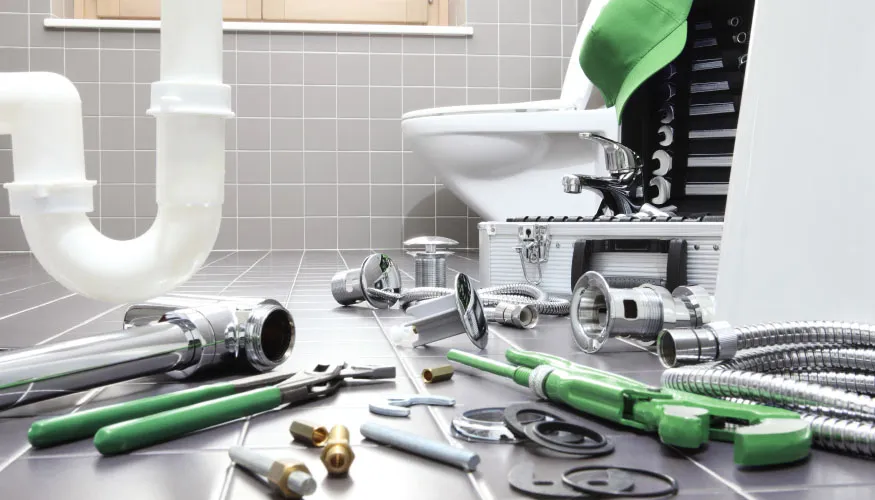Pennsylvania is steadily becoming a key player in the cannabis industry, particularly in the realm of marijuana cultivation. With the state's medical marijuana program in full swing, many are turning their attention to the cultivation side of the business, which is proving to be both lucrative and highly regulated.
The Legal Landscape
In 2016, Pennsylvania passed the Medical Marijuana Act, which legalized the use of medical marijuana for patients with qualifying conditions. Since then, the state has seen a significant increase in demand for cannabis products, which has, in turn, driven the need for more cultivation facilities. However, unlike some other states, Pennsylvania has not yet legalized marijuana for recreational use, which means that cultivation is strictly limited to licensed growers who supply medical dispensaries.
To legally cultivate marijuana in Pennsylvania , businesses must apply for a grower/processor permit. These permits are not easy to come by, as the state has a rigorous application process that includes background checks, financial disclosures, and detailed plans for security and environmental controls. The goal is to ensure that only responsible and qualified businesses are allowed to grow cannabis, minimizing the risk of illegal activity and ensuring the safety of consumers.
The Cultivation Process
Marijuana cultivation in Pennsylvania is a highly controlled process, with strict guidelines on everything from seed procurement to the final product. Growers must adhere to state regulations regarding plant tracking, pesticide use, and waste disposal. In addition, all cannabis products must be tested for potency and contaminants before they can be sold to dispensaries.
The cultivation process itself is both an art and a science. Cannabis plants require specific conditions to thrive, including the right balance of light, temperature, humidity, and nutrients. Many growers in Pennsylvania use indoor facilities, which allow for greater control over these variables and enable year-round production. However, indoor cultivation also comes with higher costs, particularly for energy and water usage.
Despite these challenges, many growers in Pennsylvania have found success by investing in advanced cultivation techniques and technology. For example, some use hydroponic systems, which allow plants to grow without soil, while others employ automation to monitor and adjust environmental conditions in real-time. These innovations not only improve the quality of the final product but also help growers maximize their yields and reduce waste.
Economic Impact
The marijuana cultivation industry in Pennsylvania has the potential to be a major economic driver. According to a report by the Pennsylvania Department of Health, the state's medical marijuana program generated over $500 million in sales in its first two years of operation. As more patients enroll in the program and demand for cannabis products continues to grow, the need for cultivation facilities is expected to increase.
In addition to creating jobs in cultivation, the marijuana industry also supports a wide range of ancillary businesses, including those that provide equipment, packaging, and transportation services. Furthermore, the state collects taxes on medical marijuana sales, which helps fund public programs and services.
Looking Ahead
While Pennsylvania's marijuana cultivation industry is currently limited to medical use, there is growing momentum for the legalization of recreational marijuana. Several neighboring states, including New Jersey and New York, have already legalized recreational use, and many advocates believe that Pennsylvania will follow suit in the near future. If that happens, the cultivation industry could see a significant expansion, as more businesses enter the market and demand for cannabis products increases.
However, there are still many hurdles to overcome before recreational marijuana becomes a reality in Pennsylvania. Lawmakers must address concerns about public safety, taxation, and regulation, and it remains to be seen how quickly the state will move forward with legalization.
In the meantime, Pennsylvania's marijuana cultivation industry continues to grow, providing patients with access to high-quality medical cannabis and contributing to the state's economy. As the industry evolves, it will be interesting to see how growers adapt to new challenges and opportunities in this rapidly changing landscape.
Conclusion
Pennsylvania's marijuana cultivation industry is still in its early stages, but it has already shown great potential. With a strong regulatory framework in place and a growing demand for medical cannabis, the state is well-positioned to become a leader in the cannabis industry. Whether or not recreational marijuana is legalized in the near future, the cultivation sector will continue to play a crucial role in shaping the future of cannabis in Pennsylvania.
For those interested in entering the industry, it's important to stay informed about the latest regulations and trends. As the market evolves, there will be plenty of opportunities for innovation and growth in Pennsylvania's marijuana cultivation sector.
Search
Popular Posts








